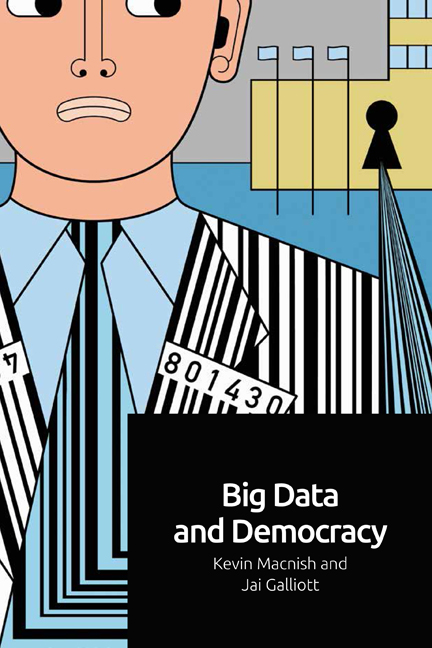Eight - The Network and the Demos: Big Data and the Epistemic Justifications of Democracy
Published online by Cambridge University Press: 17 October 2020
Summary
A stable democracy requires a shared identity and political culture. Its citizens need to identify as one common demos lest it fracture and balkanise into separate political communities. This in turn necessitates some common communication network for political messages to be transmitted, understood and evaluated by citizens. Hence, what demarcates one demos from another are the means of communication connecting the citizens of those demoi, allowing them to debate and persuade each other on the proper conduct of government and on issues of common interest.
For the ancient Athenians, their public sphere was the agora (marketplace); for the Federalists in the American colonies, the newspaper; for us today, it is the Internet. Until now, the physical nature of these communication networks has resulted in a trade-off between the reach of political messages (the numeric and geographic composition of the demos who receive political messages and may participate in the public sphere ) and the ability to target the content of a message on that network towards individual citizens.
One-to-one interpersonal conversation in the agora was highly targeted but could reach only as far as a voice could carry. The speakers and audience were well known to each other through personal interaction. As the printing press and later television allowed for greater and greater reach, the content of these messages became more generic as the speakers became more distant from their audience. The wider the audience grew, the less a message could be targeted at a particular audience segment without alienating others. The risk to reputation and credibility that came with making false claims and conflicting promises to different groups increased as more people could receive messages and identify contradictions and errors to the rest of the audience.
The Internet and big data analytics have changed the nature of political communication by decoupling message reach from message targeting. It allows individually tailored content to be distributed on a global scale without fear that the content of those messages will be overheard by others who may contest or reject it. Politicians are freed from the constraints imposed on what they say by the public presentation and discussion of arguments and claims. It frees political actors to engage in sophistry and demagoguery.
- Type
- Chapter
- Information
- Big Data and Democracy , pp. 119 - 134Publisher: Edinburgh University PressPrint publication year: 2020



